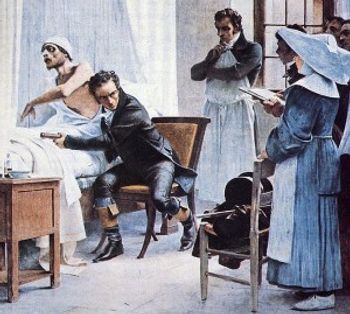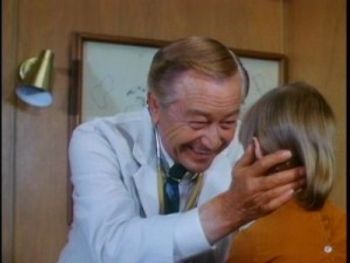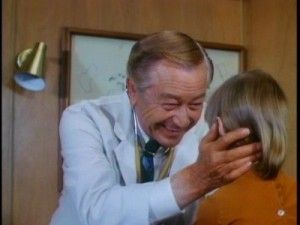
In a perfect world, doctors would not prescribe – and patients would not take – drugs that do more harm than good.

In a perfect world, doctors would not prescribe – and patients would not take – drugs that do more harm than good.

There’s more to the value of health care than clinical effectiveness for patients and cost-effectiveness for individuals and governments.

The British medical journal, The Lancet, surveyed a number of studies that discuss troubling statistics on suicide and depression among American physicians.

In Seattle, Washington, a group of 12 physicians and nurse practitioners see patients at a clinic that doesn’t accept insurance. Instead, patients pay roughly $65 a month, every month.

William Carlos Williams is part of an honorable tradition in the history of medicine - the physician/poet.

You could argue that medicine was never meant to become a for-profit business the way selling cars, cosmetics, and fast food are businesses. And yet, in the United States, health care has become a for-profit business. The story of how this happened is complex, but decisive elements include the advent of Medicaid and Medicare in 1966 and the widespread availability of employer-sponsored health insurance.

Sandeep Juahar, who wrote an excellent warts-and-all account of his medical education in Intern: A Doctor’s Initiation, is now old enough to be having a midlife crisis. In a recent New York Times essay, he may or may not have been projecting his own current feelings of disillusion onto the entire medical profession. He writes about the sorry state of medical practice today.

The physical exam – looking into the eyes and throat, taking the blood pressure, sounding the chest – is part of the process of medical diagnosis. It's one way a physician attempts to determine the cause of a patient's complaint.

In my customized Google news, I have a category for cosmetic surgery. Most items that turn up are self-serving PR announcements, but recently there was lengthy coverage of the death during cosmetic surgery of aspiring Chinese pop star Wang Bei.

When we hear the words "tyranny of health" these days, it's usually a reference to the tyranny of a government imposing unwanted health care on its citizens. It brings to mind images of protesters carrying signs that denounce the "socialism" of Obamacare.

In the very first episode of the TV series Marcus Welby, MD, our hero delivers an after dinner speech to a group of young interns. As he’s introduced, he hastily scribbles the title of his talk and hands it to the hospital director: "The future of the general practice of medicine, if any." The year was 1969.

Published: October 16th 2010 | Updated:

Published: June 3rd 2011 | Updated:

Published: July 29th 2011 | Updated:

Published: December 23rd 2010 | Updated:

Published: April 28th 2011 | Updated:

Published: November 17th 2010 | Updated: